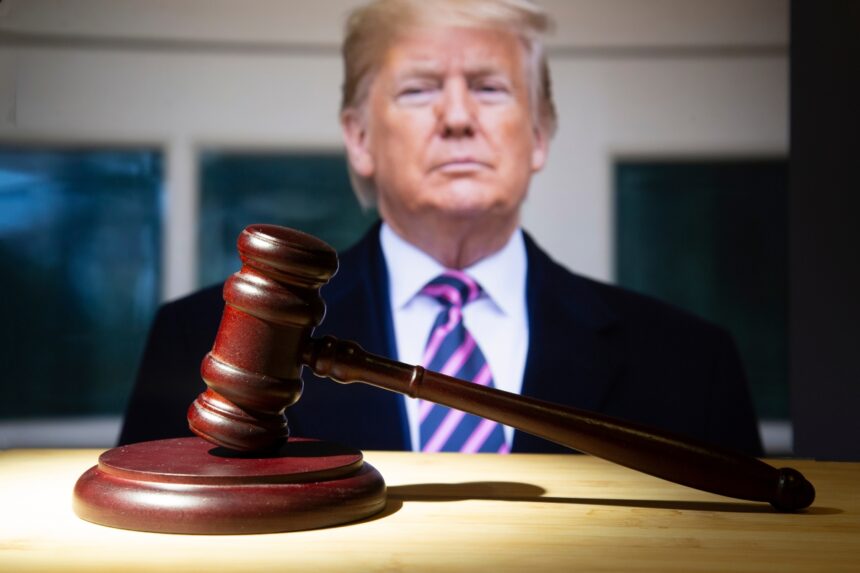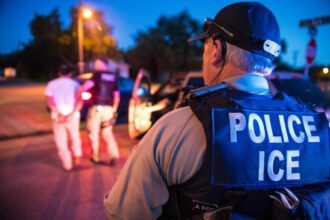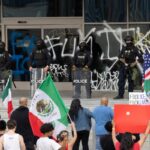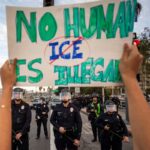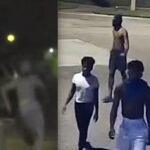On July 24, 2025, President Donald Trump signed an authoritative executive order empowering state and local governments to forcibly evict homeless people from public spaces, moving them to camps or institutions for mental health or addiction treatment.
This initiative is presented as part of his agenda to restore “law and order” in cities affected by increasing urban homelessness, something that has been widely criticized in the U.S. in recent years.
Trump’s plan
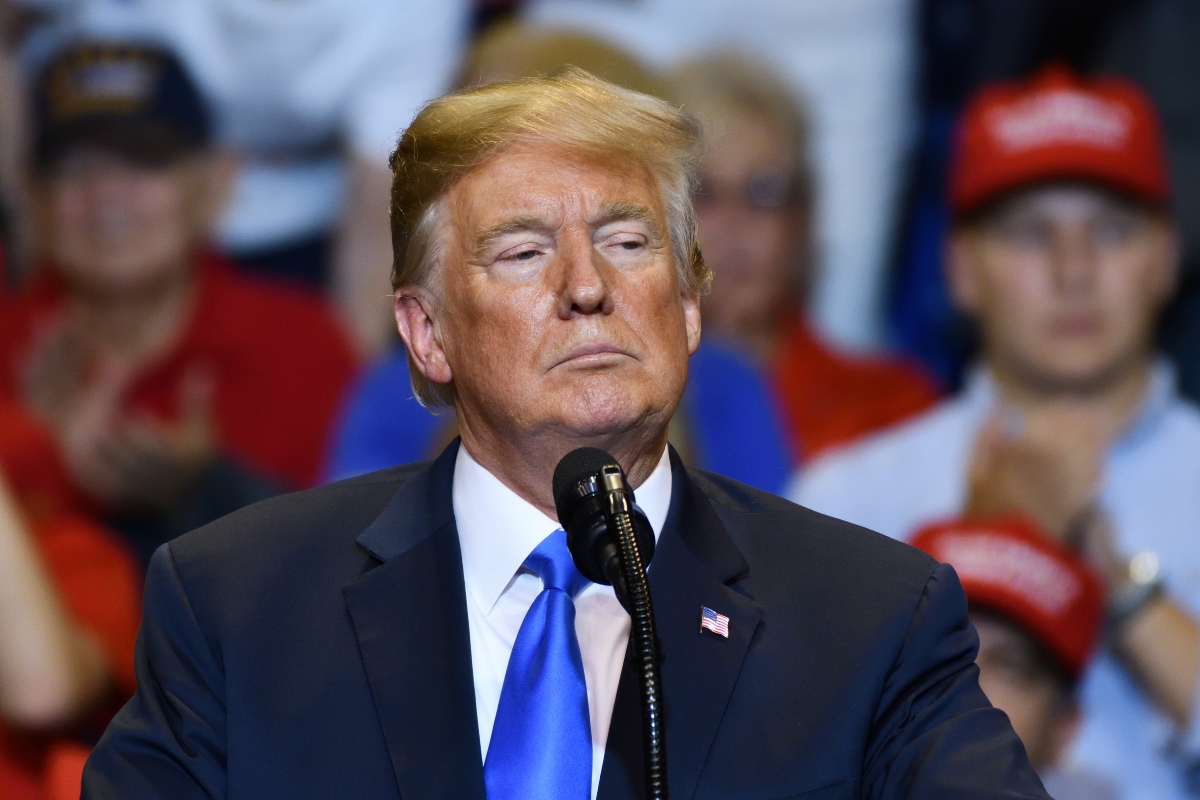
The measure also calls for prioritizing federal funds for cities that already enforce strict laws against urban camping, drug use in public spaces and loitering.
The official logic: to associate visible disorder with criminality and justify internment for therapeutic purposes.
The order also promotes the widespread use of civil commitment, i.e., the involuntary commitment of persons with mental illness or substance dependence without their consent.
Civil commitment without consent: controversial approach
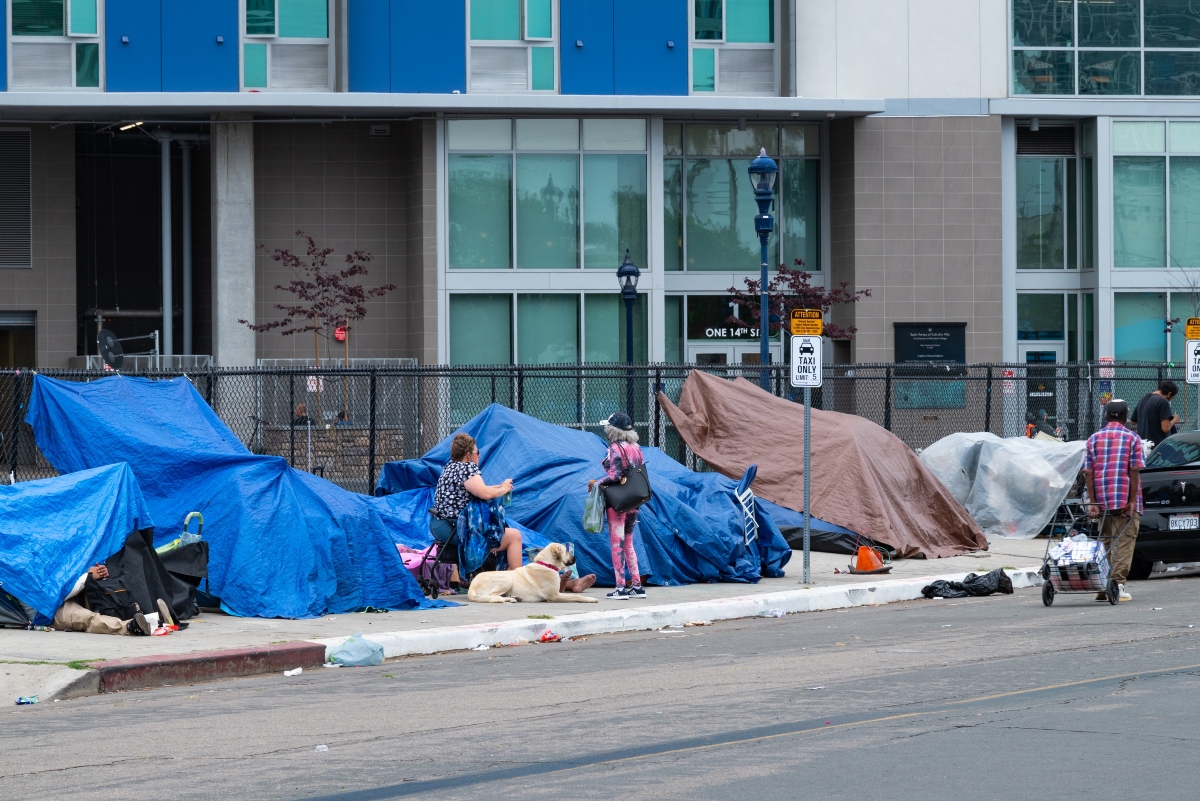
Trump and his administration have presented this practice as a way to restore control and provide treatment in institutional settings, but critics warn that it is a serious practice that threatens civil rights and revives outdated models of institutionalization.
Legal experts point out that although some states already allow these measures, the order seeks to reverse judicial precedents that limited their application.
Organizations such as the ACLU and the National Coalition for the Homeless warn that this criminalizes homelessness without addressing its structural causes, such as the affordable housing deficit.
Impact on the U.S. Hispanic community.
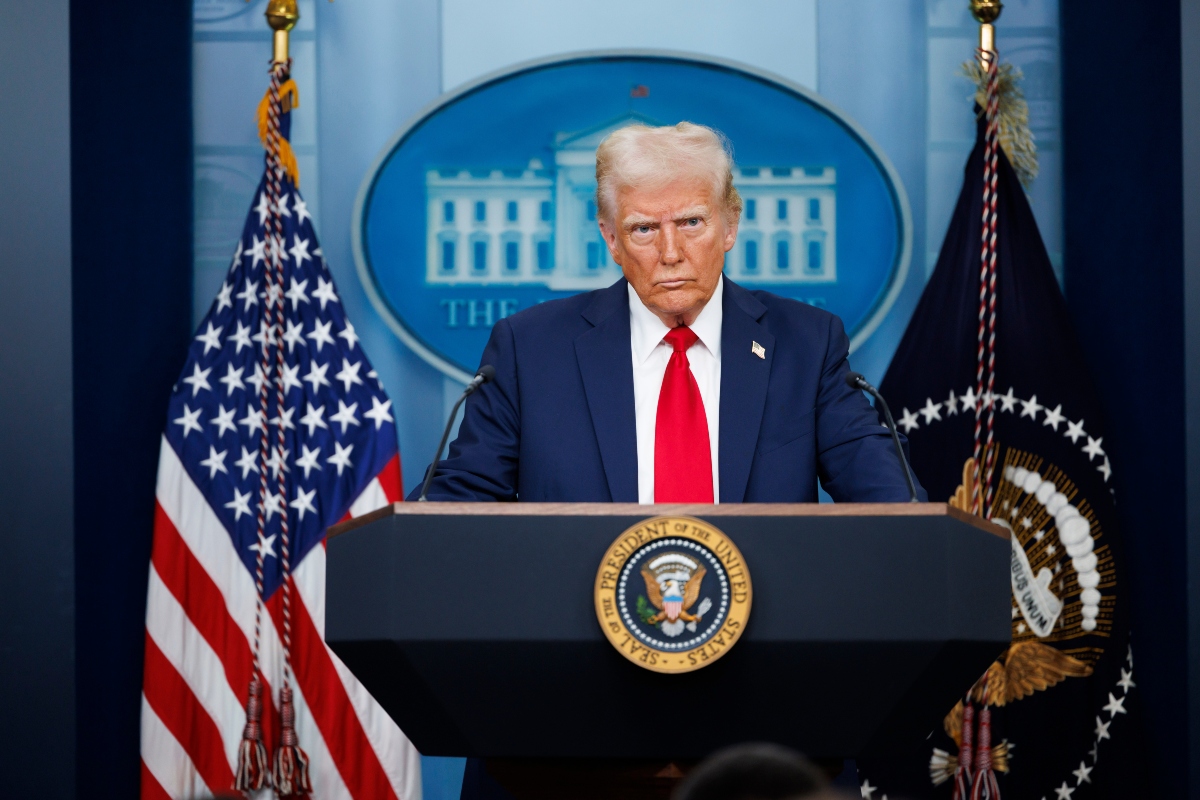
For the Latino community residing in the U.S., especially in cities with high concentrations of homeless people such as Los Angeles, Houston, Chicago or Miami, this order has direct implications:
Many homeless people are immigrants, undocumented immigrants, or Latino veterans. Criminalization can increase legal and social vulnerability within these populations.
By favoring mass eviction over solutions such as affordable housing or community support, more effective and humane alternatives are being overlooked.
Latino culture in the U.S. tends to spread solidarity support networks among families and communities; the order could disintegrate these networks without offering real accompaniment.
El problema de las personas sin hogar que están en las calles de EEUU se ha agravado en los últimos años y representa un problema social y de salud fuerte para el país
What’s next and what is the legal reaction?
Varios estados y ciudades han advertido que impugnarán la acción vía tribunales.
Aunque el Supremo ha emitido fallos que permiten criminalizar el albergue público bajo ciertas circunstancias, se anticipan demandas en torno a derechos constitucionales, debido proceso y protección frente a abusos de poder.
También surge el temor de que esta política derive en la creación de “campamentos institucionales” o “detention centers” para personas sin hogar, una preocupación alimentada por documentos del proyecto Project 2025 que promovía internamientos similares en zonas fronterizas.
Mientras tanto, el Departamento de Justicia liderado por Pam Bondi busca eliminar las barreras legales que limitan las ordenes de desalojo y fomentan una respuesta centralizada de seguridad pública.
Entérate de más en ‘QueOnnda.com’



